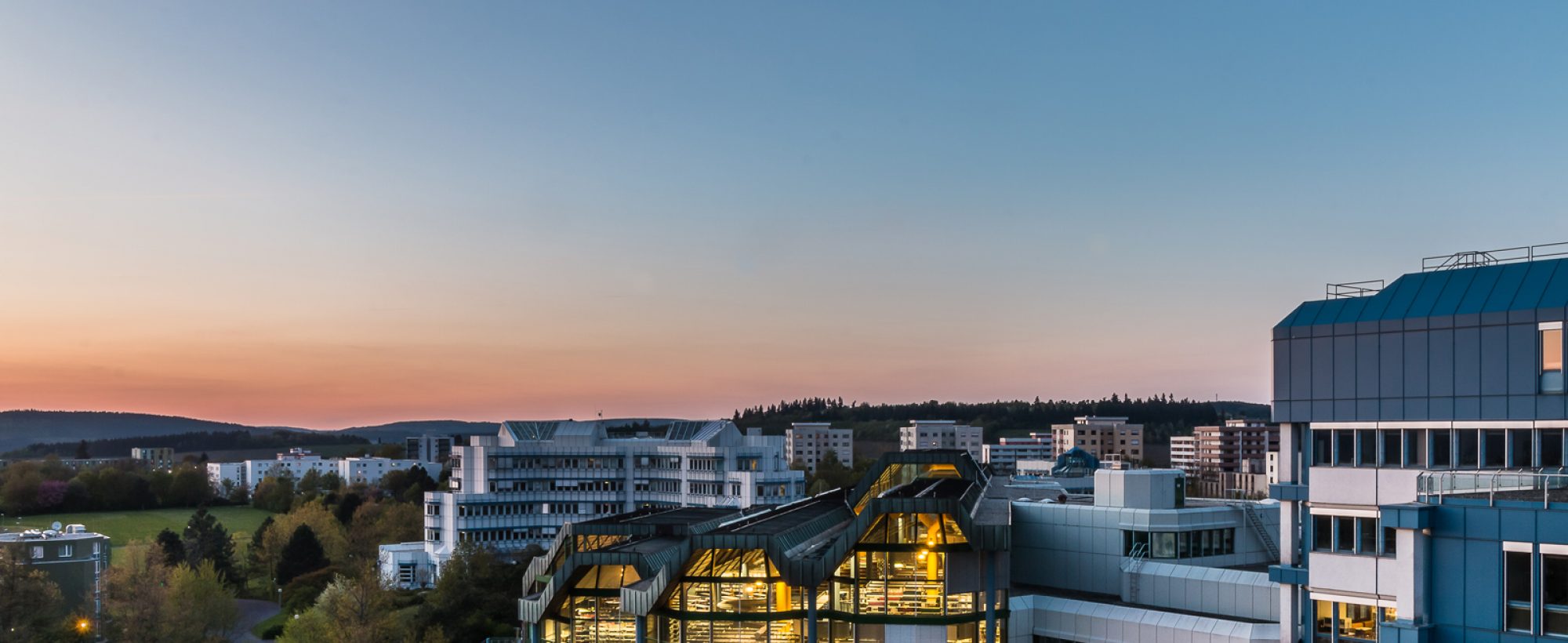The Covid-19 pandemic and its related measures have starkly demonstrated how deeply the way(s) in which families see themselves, conduct their everyday life, relate their members to each other and assign responsibilities, duties and resources to them depends upon (welfare)state regulations, allocations and institutions. The services and organisations of public education and social work play a crucial role here, as they function as the ‘public‘ complements to the ‘private‘ family, which support, supplement, and replace but also monitor the family’s duties in caring for and educating, protecting and socially supporting their members. Public education, social work and the family are, therefore, not only relational societal institutions. Education and social work services are – all the more so in the face of this partial ‘shut down’ – everyday social arenas, where ‘the family‘ is practically addressed, normalized, responsibilized, civilized, politicized, etc. and negotiated alongside the everyday encounters of family members with respective organisations and professionals.
Over the course of the Corona-related developments, we have witnessed how ‘public/private’ duties intermingle in new ways not only spatially, but also with regard to the actors themselves and their (increasingly digital) forms of interaction. ‘Social distancing’, too, has been acquiring a special connotation with regard to the relationship between family, education and social work as responsibilities of care and support are experiencing some kinds of (temporary) shifts. And in regard to multi-local family constellations, the question of who, in which organizational context, is to be counted as a member of the family appears more evident than ever. All of this has brought new restrictions and possibilities of negotiating and enacting ‘the family‘ in regard to public services.
Even before these pandemic times, however, the ways in which people enact their families with regard to processes of ‘being made’ through organisations/services in education and social work have become the subject of a growing body of research. This is, on the one side, due to the ongoing transformation with regard to how (post-welfare)states govern their citizens and the respective blurring and/or activation of public/private boundaries. On the other side, it relates to the increasing heterogeneity, plurality and fluidity of families and the variety in their becoming, as well as to the ever more transnational, multi-local and virtual spaces of family life. Against this backdrop, family is no longer understood as a pre-given, natural entity, but as a practical accomplishment that requires ongoing family practices (e.g. Morgan 2011), a doing family (e.g. Jurczyk, Lange & Thiessen 2014) or making relatedness (e.g. Carsten 2004) and kinning/de-kinning (e.g. Fonseca 2011).
The way in which this making and doing of families is related to public services becomes apparent when, for instance, couples transform their relationships while being addressed as responsible mothers and fathers in early intervention services, or when children come to know about and perform themselves as members of certain families in day care and schools. Moreover, the situational plasticity of the family is part of young people’s maintenance of complex relationships with their ‘families-in-absence’ in child and youth homes, or the displaying of family affairs in child protection or adoption cases and family reunification proceedings of unaccompanied minor refugees – procedures which, by nature, seek to codify who belongs in which ways to children’s families. Transnational families, however, have to modify their care practices not just in relation to migration regimes but also to national educational institutions. They are, therefore, also a good example of the unequal distribution of social resources for doing (or undoing) family in the context of the fiercer than ever societal conflicts about which caring networks are recognizable as proper families, and of the neglect of care obligations and desires of transnational care-workers or other vulnerable groups. However, this disproportionate division of resources also becomes apparent in the so-called educational partnerships between families and child and youth services or schools, as well as in the ways certain groups of people, such as LGBTQ+, migrants, mobile people, or unemployed, single or co-parenting families struggle with carrying out their family practices while being treated as ‘different‘ or ‘failing‘ families through and in the services of education and social work – or find social support precisely within such services, and so on.
The conference addresses this relational making and doing of family in, through and with education and social work by calling for conference contributions which inquire into the discursive and material production of ‘the family’ through organisations and services in education and social work, in relation to the everyday practices of ‘doing family’ among their heterogeneous members. It aims to bring together researchers from certain disciplines and research fields to foster a transdisciplinary discussion towards research approaches and insights, as well as the conceptual and methodological challenges in researching these relational processes.
We are especially looking forward to contributions that address, but are not limited to
- the material and discursive practices of doing and making family in, through and with education and social work, e.g. (co-)parenting, fathering, kinning/belonging, educating/caring as well as the balancing of work and care duties, boundary work, etc.;
- the modes of doing and making family in, through and with education and social work, with special emphasis on the emotional, material, spatial and bodily dimensions of those practices;
- the actors of doing and making family in, through and with education and social work, and the genuine perspectives and contributions of certain addressees of education and social work – parents, children, adolescents, families, etc. – or of (semi-)professionals and organizations; this also includes actor-networks, assemblages and posthuman entanglements;
- the societal, political and welfare state contexts of doing and making family in, through and with education and social work, such as post-welfare state arrangements, austerity, globalization, racism, pandemics, climate change, etc., in addition to the growing social diversity and related discourses and politics;
- the diverse conceptual perspectives (e.g. inequality, gender, welfare, childhood, intersectionality, transnationality, mobility, care ethics, …) and methods of researching the making and doing of family in, through and with education and social work.

